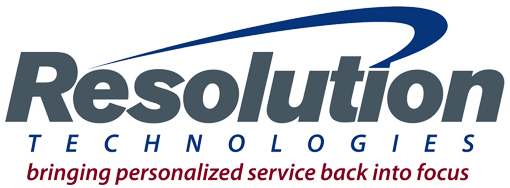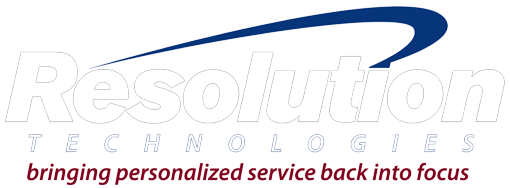Even human resources professionals have to interview for their positions. While it is easy to assume your expertise means you will automatically crush every interview, neglecting certain steps can cause a less than stellar performance. Here are three tips to make sure your next interview is your best ever.
1. Take Time to Prepare
Human resources professionals are often accustomed to being in the position of interviewer, but being an interviewee requires different skills. Additionally, your method of interviewing potential candidates may not reflect the direction other organizations choose to take. That means, no matter your amount of experience in the field, it is important you prepare properly.
Make sure you have multiple copies of your resume available, especially if a panel may be part of the interview process. Confirm your relevant credentials are current and be prepared to provide supporting documentation. Review information about the company at which you are interviewing and familiarize yourself with the challenges related to their industry. Also consider any recent accomplishments or challenges you have faced, as it is common to receive questions on those topics.
With thorough preparation, you will be better equipped to handle traditional and unexpected questions more effectively.
2. Expect Hypothetical and Situational Questions
Human resources leans heavily on a person’s sense of ethics to accomplish job duties. Many candidates have the traditional education and training; however you also have to perform to the highest standards at all times. Some organizations will pose hypothetical or situational questions during the interview to challenge your ability to make appropriate decisions when faced with uncommon situations.
Understand any requirements regarding the keeping of confidential material within the organization, as well as any employment laws that may be unique to the industry in which the business operates. While many employment laws are standard at the state or federal level, certain industries have unique properties that require different actions. Review this information to prepare for questions regarding the differences.
Similarly, if the business has a position covered by a union, gather introductory information about any current contracts, if possible. That way, when asked how you would proceed when faced with a situation, you can relate your actions to the standards set at that company correctly.
3. Always Ask Questions
Interviews traditionally end with an opportunity for you to ask questions. This is an opportunity to gain additional insight into the position, as well as demonstrate your interest and enthusiasm for the work. Consider creating a few options to help you get a more well-rounded view of the business. Inquire about the company’s culture and what career progression looks like within the department. You can even ask the interviewer about their personal experience in their position.
Further, ensure you have a strong closing question to address the interviewer’s concerns regarding your fit for the job. For example, “Is there anything we discussed that prevents me from being a top candidate for this position?”
Interviewers often use a standard set of questions, and may even be legally required to stick to a particular script. However, this question opens the door for additional inquiry on their part. If they have concerns, they can address them individually through the subsequent dialogue, giving you a chance to better position yourself as the right choice.
If you are looking for more tips to help land your next HR position, or are interested in finding new opportunities to explore, the professionals at Resolution Technologies are here to assist. Contact Resolution Technologies today to see how they can help your career more forward.



